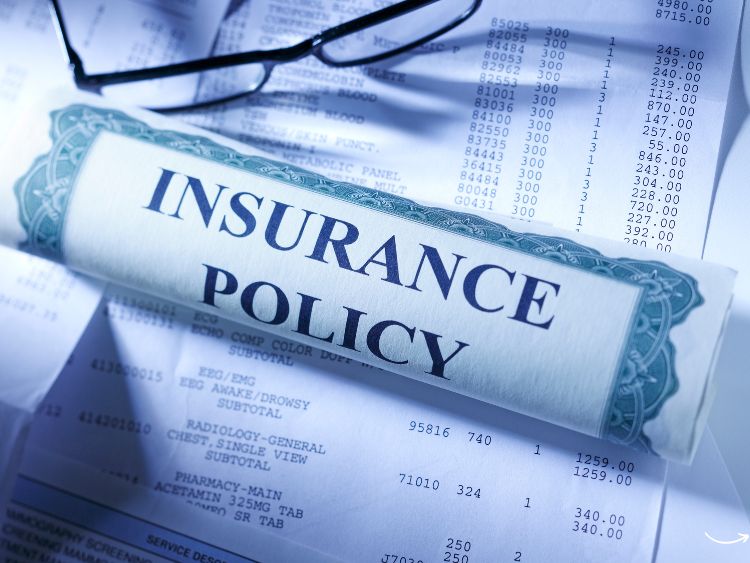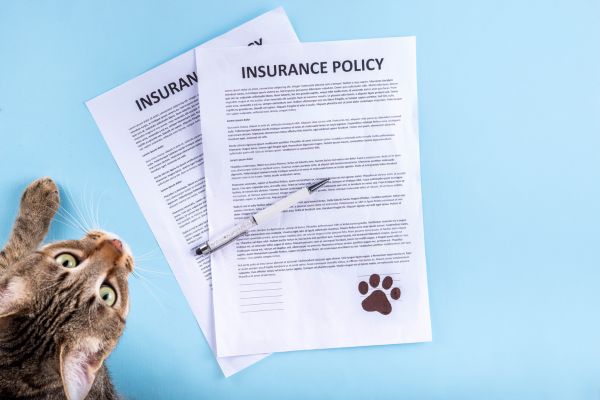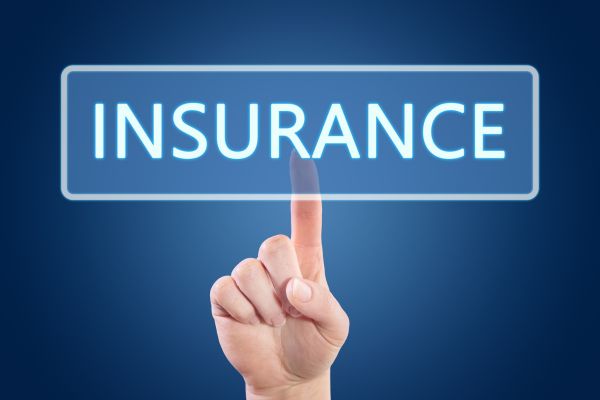When it comes to protecting your small business in Georgia, insurance isn’t just a nice-to-have—it’s essential. From safeguarding your assets to covering potential liabilities, the right insurance policy can make the difference between weathering a storm and closing your doors. But with so many options and nuances, where do you start? Well, you’re in luck! This guide will walk you through everything you need to know about small business insurance in Georgia. So, buckle up and let’s dive into the world of insurance with a splash of Southern charm!
Why Do You Need Small Business Insurance in Georgia?
Running a small business comes with its fair share of risks. From natural disasters to employee injuries, the list of potential pitfalls is long. Here’s why insurance is crucial:
- Protection Against Lawsuits: Even a single lawsuit can financially cripple your business.
- Employee Safety: Workers’ compensation insurance ensures your employees are taken care of if they get hurt on the job.
- Natural Disasters: Georgia is no stranger to hurricanes and floods. Business property insurance can help you recover quickly.
- Compliance: Certain types of insurance are legally required for businesses in Georgia.
Types of Small Business Insurance in Georgia
There are several types of insurance policies that you might need, depending on the nature of your business. Let’s break it down:
1. General Liability Insurance
General liability insurance covers legal fees and damages if your business is sued for causing injury or property damage. It’s a must-have for any business, whether you run a café in Atlanta or a tech startup in Savannah.
2. Workers’ Compensation Insurance
In Georgia, if you have three or more employees, you’re required to have workers’ compensation insurance. This policy covers medical expenses and lost wages if an employee is injured on the job.
3. Commercial Property Insurance
This insurance protects your business property, including buildings, equipment, and inventory, from damage or loss due to events like fire, theft, or natural disasters.
4. Business Interruption Insurance
If a covered event forces you to close your business temporarily, business interruption insurance can cover lost income and operating expenses.
5. Professional Liability Insurance
Also known as errors and omissions (E&O) insurance, this policy is crucial for service-based businesses. It covers legal costs if a client claims your services caused them financial loss.
How to Choose the Right Insurance for Your Small Business in Georgia
Selecting the right insurance policy can feel overwhelming, but it doesn’t have to be. Here are some tips to help you make an informed decision:
Assess Your Risks
Start by identifying the specific risks your business faces. Are you in an industry prone to lawsuits? Do you have valuable equipment that needs protection? Answering these questions can help you determine what types of insurance you need.
Compare Quotes
Don’t settle for the first quote you receive. Shop around and compare policies from different insurers. Look at the coverage limits, deductibles, and exclusions to ensure you’re getting the best deal.
Consult an Insurance Agent
An experienced insurance agent can provide invaluable advice tailored to your business. They can help you navigate the complexities of insurance and find a policy that fits your needs and budget.
Read the Fine Print
Before signing on the dotted line, read the policy carefully. Understand what is covered and what isn’t. Pay attention to the exclusions and limitations, so there are no surprises down the road.
Common Misconceptions About Small Business Insurance in Georgia
There are several myths and misconceptions about business insurance that can lead to costly mistakes. Let’s debunk some of the most common ones:
“I Don’t Need Insurance Because My Business Is Small”
No matter the size of your business, you’re still at risk for lawsuits, natural disasters, and other unforeseen events. Small businesses are often more vulnerable because they lack the resources to recover from significant financial losses.
“General Liability Insurance Covers Everything”
While general liability insurance provides broad protection, it doesn’t cover everything. For instance, it won’t cover employee injuries or professional mistakes. You may need additional policies to cover all your bases.
“Insurance Is Too Expensive”
The cost of insurance can be daunting, but the cost of not having it can be much higher. Consider it an investment in the future of your business. Plus, there are ways to save, like bundling policies or raising your deductible.
The Cost of Small Business Insurance in Georgia
The cost of insurance varies depending on several factors, including the size of your business, industry, location, and the type of coverage you need. Here’s a rough estimate of what you might expect to pay:
- General Liability Insurance: $500 – $1,500 per year
- Workers’ Compensation Insurance: $1,000 – $3,000 per year per employee
- Commercial Property Insurance: $500 – $2,000 per year
- Professional Liability Insurance: $500 – $2,000 per year
Factors That Affect Your Insurance Premiums
- Industry: High-risk industries like construction pay more for insurance.
- Location: Businesses in areas prone to natural disasters may face higher premiums.
- Claims History: A history of claims can increase your rates.
- Coverage Limits: Higher coverage limits come with higher premiums.
Tips for Lowering Your Insurance Costs
Every penny counts in small business, so here are some tips to help you save on insurance:
Bundle Policies
Many insurers offer discounts if you purchase multiple policies from them. For example, you might bundle general liability and commercial property insurance.
Raise Your Deductible
A higher deductible means lower premiums. Just be sure you can afford to pay the deductible if you need to file a claim.
Implement Safety Measures
The safer your business, the lower your insurance costs. Invest in safety training for employees, install security systems, and maintain your equipment.
Review Your Coverage Annually
Your insurance needs may change as your business grows. Review your policies annually to ensure you have the right coverage and take advantage of any discounts.
FAQs About Small Business Insurance in Georgia
What is the minimum insurance requirement for businesses in Georgia?
In Georgia, businesses with three or more employees are required to have workers’ compensation insurance. Other types of insurance, like general liability and commercial property, are not legally required but highly recommended.
How do I file an insurance claim?
To file a claim, contact your insurance provider as soon as possible. Provide all necessary documentation, including a detailed description of the incident and any supporting evidence. Your insurer will guide you through the claims process.
Can I change my insurance policy mid-term?
Yes, you can typically make changes to your policy mid-term. However, it’s important to discuss any changes with your insurance agent to understand how it will affect your coverage and premiums.
How can I ensure my business is fully covered?
Work with an experienced insurance agent to assess your risks and determine the right coverage. Regularly review and update your policies as your business grows and changes.
Summary
Navigating the world of small business insurance in Georgia can be a daunting task, but it’s a critical part of protecting your investment. From general liability to workers’ compensation, understanding the various types of insurance available can help you make informed decisions that safeguard your business. Remember, the key to finding the right insurance is assessing your risks, comparing quotes, consulting with experts, and reading the fine print. By doing so, you’ll ensure that your business is covered against unforeseen events and can thrive in the long run.
Authoritative Links
- Georgia Department of Insurance: https://www.oci.ga.gov
- Small Business Administration (SBA): https://www.sba.gov
- National Federation of Independent Business (NFIB): https://www.nfib.com
- U.S. Chamber of Commerce: https://www.uschamber.com
By following this comprehensive guide, you’re well on your way to securing the best insurance coverage for your small business in Georgia. So, take a deep breath, roll up your sleeves, and get started on protecting your business today!



